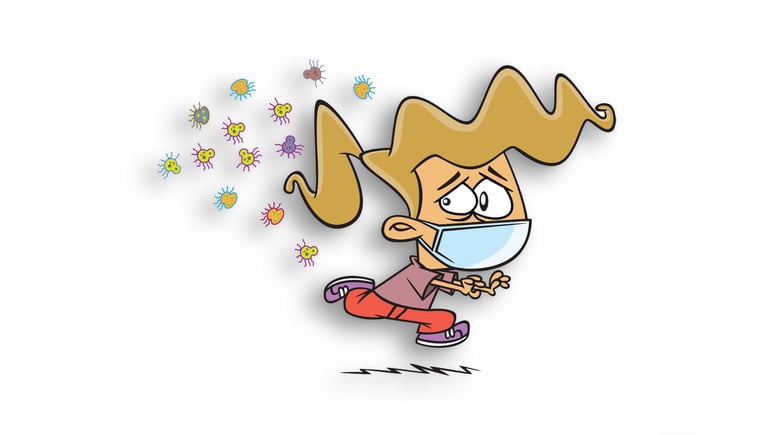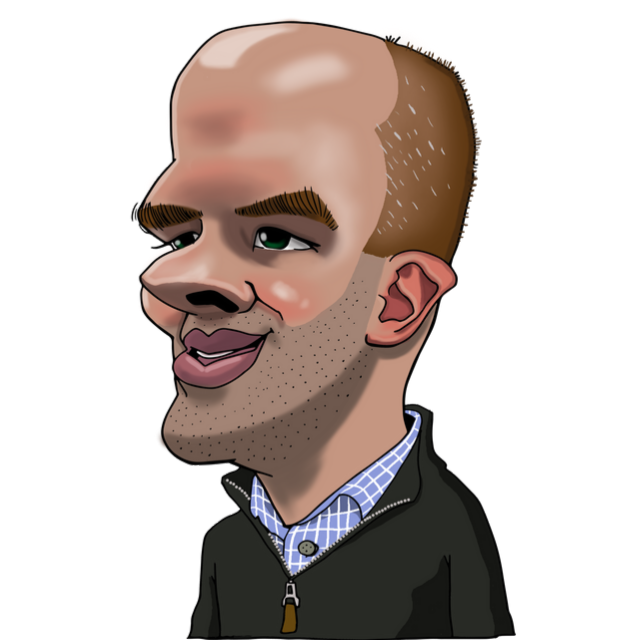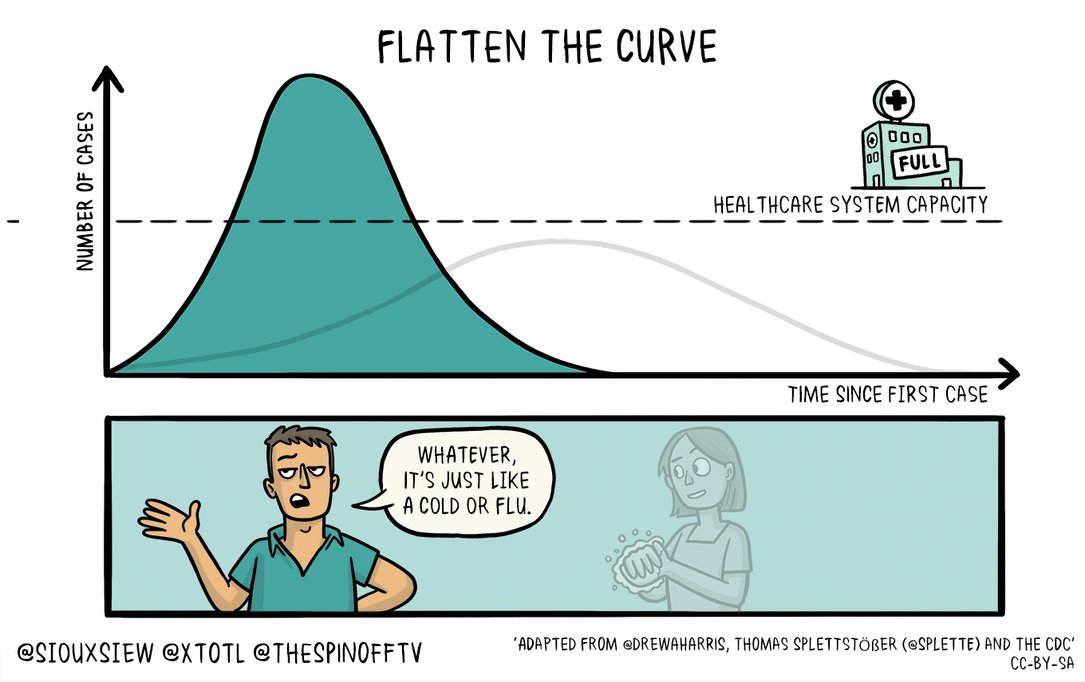What Can I Do?! COVID-19 Edition

While the British refrain of Keep Calm and Carry On is very good advice under many circumstances, with new problems come new anxieties, and Keep Calm and Self Quarantine doesn't have the same ring to it.
First: What the heck is happening in the Stock Market and what are we doing about it!?
The stock market has priced-in a full recession, which is possible, but the way the stock market traveled to bear market territory in under a month is much more indicative of panic selling than proper analysis. Even in recent days, the wild swings in the market, both up and down, are overstated in my opinion. These moves are irrational, and somewhat driven by computers and leveraged derivatives (such as the Futures market you might be hearing about in the evening and early morning). The owners of actual stocks who can hold their stomachs and stay on the roller coaster will almost certainly end the ride in a much better place than those who bail.
To be clear, this is not an economic or market problem being created by structural weaknesses or the economic cycle, this is an exogenous event that is a shock to the system. Recency bias can wreak havoc on the psyche in this case, as our last two bear markets were structural: a tech bubble and a real estate bubble. We haven't had an event-driven bear market since 1987, which you might remember recovered much faster than our more recent bear markets.
%20%20Daily%202020-03-16%2020-28-13.jpg)
It is especially important to NOT compare this to 2008. The American banking system is in good shape walking in to this mess. For the past ten years, banks have been forced by regulators to maintain liquidity, pass stress tests, and plan for the worst even when things were great. These requirements had significant costs, but now we can enjoy the value. The recent moves by the Fed to provide even more liquidity to the banking system is just another card played in the system's deck of tools.
Furthermore, consider the jobs numbers released recently. They show a pretty strong underlying economy that wants to continue moving along to deal with normal problems like a tight labor force, a trade war, and a presidential election. This is a well maintained car that has hit a speed bump, not a jalopy in a head-on collision.
We've written before about how hated the bull market of the past ten years has been and how so many people are looking for an excuse to sell. For years, we have advocated for our clients to:
- Engage in financial planning to confirm your assets can achieve your goals
- Allow that plan to dictate a sensible range of potential asset allocations
- Choose an asset allocation from that range that you can stomach through thick and thin
- For the portion of that asset allocation that is long-term, be brave
We are steadfast in this process, even today. So, we are taking this opportunity to think about buying stocks that we already liked at prices we haven't seen in a while. At the same time, longer-term research of other stocks, bonds, and beyond continues.
Second: What about the Economy?
The virus does pose a near-term risk to the economy if pragmatic quarantining and other virus risk mitigation leads to a significant enough reduction of consumer spending and other important economic drivers. How can we think about this shock? One analogy I am using is a hurricane:
- People know hurricanes are coming
- Time and money is spent preparing for them
- Economic activity drops during and shortly after they pass through
- Pent up demand for goods and services is spent afterward
At least with this crisis, we still have electricity and running water, luxuries the victims of hurricanes often have to do without. Consumer spending will certainly change, but our increasingly internet-based economy does allow for more commerce than ever before during a period of sheltering-in-place.
For businesses, this is probably going to be a tough year for tourism, oil drilling, and sports, for example, but those industries have been hit hard before and still exist today. In fact, for many parts of our economy, business will continue even if large numbers of people are asked to stay home for a period of time. More and more of the work done by American professionals can be done remotely, thanks to technology.
On that note, at Exchange Capital, we have spent years incrementally building out our staff, technology, and processes to allow our team to work in various conditions. While we will miss the in-person office banter, our business can function at a very high level under many different scenarios, including this one.
I do worry about employees and small business owners in our communities who can not continue to work during this time. Layoffs and bankruptcies caused by a short-term cash crunch is not good for them, their creditors, or the economy. Washington is considering policies to help relieve the pressure on these folks.
On this point, though, you might be able to help mitigate the problem. If you have any individual service providers, such as a house cleaner, a personal trainer, or your daughter’s piano teacher, you might be missing some appointments in the next month or two. If you can afford it, pay them something anyway. Even from a self-serving perspective, it will earn you a lot of goodwill.
Third: How should I respond to the Health and Personal Risks?
I am not an epidemiologist, so I won’t try to get into the weeds here. I do have a little advice, which applies to all emergency planning. Think back to past community emergencies that have affected you. What went wrong and right for you? I am confident you learned something from those experiences that can be helpful today. For me, I think of Hurricane Andrew in 1992, 9/11, the power outage of 2003, and the Boston Marathon bombing in 2013.
What went wrong for me during those times?
- I didn't know about how air pressure changes might effect mood. My grandfather and I had the only argument of our lives as Hurricane Andrew made landfall. Also, I was eleven...
- I watched a lot of news in the aftermath of 9/11, increasing my stress more than my knowledge.
- We moved in to our Cleveland apartment just days before the power went out, and we barely had any food.
- My wife and I didn’t have a communication plan in place for quickly checking in on each other. I had suggested that she take our two-year-old daughter to watch the Boston Marathon that morning as I left for work. (Don't worry, she didn’t go.)
What went right?
- I spent the week after the hurricane in south Florida without electricity or convenient potable water, cleaning up with my grandparents in the house they built in 1939. They had plenty of hurricane experience. I learned a lot.
- My university and my professors stayed calm, yet cautious, after 9/11.
- After securing some PB&J for a dinner picnic in August 2003, we grouped up with a young family who were not native English speakers and couldn’t keep up with the fast speaking anchors on their AM radio. We listened with them, and passed on the important news.
- When we went into lockdown on the Friday after Marathon Monday, we followed the recommendations given to us, and we had enough food and entertainment to shelter in place for a few days if need be.
The most sensible things I've learned for us all to do right now: wash your hands more, touch your face less, definitely stay home if you feel sick or have been exposed to someone who is sick, and stay away from other people as much as possible.
Fourth: What else should I learn?
Comments
Market Knowledge
Read the Blog
Gather insight from some of the industry's top thought leaders on Exchange Capital's team.
Exchange Capital Management, Inc.
110 Miller Ave. First Floor
Ann Arbor, MI 48104
(734) 761-6500
info@exchangecapital.com





